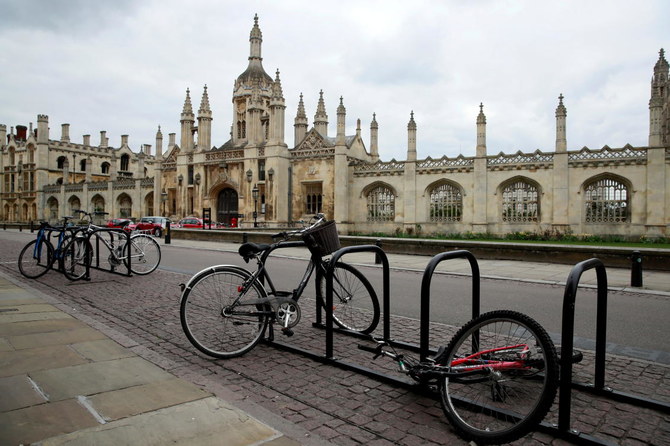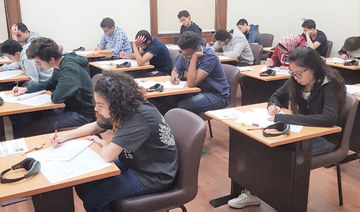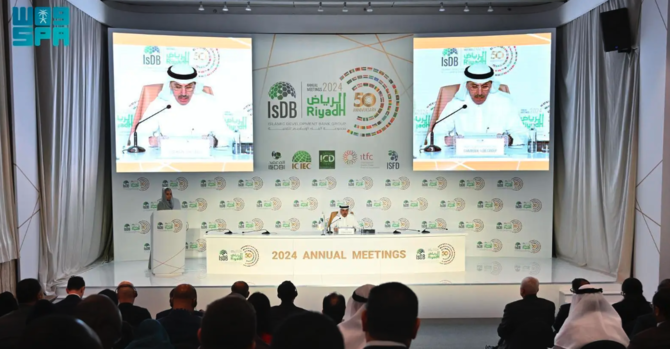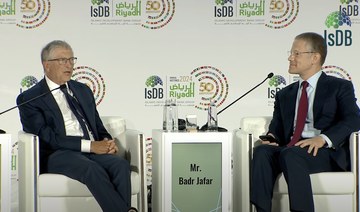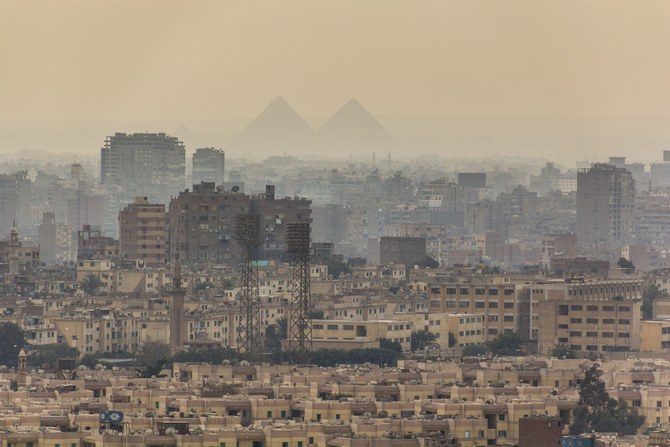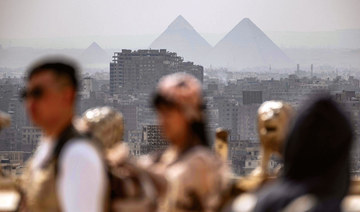LONDON: The UAE and Cambridge University are in talks over the creation of a collaborative project aimed at fostering education in Islamic art, innovation, engineering and renewable energy transition.
It would be the biggest deal of its kind in the university’s history. The 10-year collaboration would see the establishment of the UAE-Cambridge Innovation Institute, which would begin as a virtual project but culminate in a “physical footprint” in the country with “joint UAE and University of Cambridge branding,” according to documents seen by The Guardian.
It is not yet clear where in the UAE the physical footprint would be established. The project would be funded by the UAE, which has pledged a £312 million ($430 million) donation plus an additional £90 million paid for Cambridge staff time.
If the deal goes ahead, the £312 million donation would be the biggest of its kind in the university’s history.
“This collaboration is designed to develop innovative solutions that enable the transition away from fossil fuels; the continued development of high-quality teaching and learning; the ongoing progression of social cohesion through the study of arts and culture; and the advancement of globally competitive research, education, and entrepreneurship,” Cambridge University said.
The Innovation Institute would see Cambridge working with “several educational, governmental and corporate partners in the UAE,” facilitating university involvement at multiple levels of the Emirati economy and society.
According to the documents, the funding would go toward creating a large number of new posts including eight endowed lectureships, 24 postdoctoral positions, 42 PhD fellowships and other management and support roles.
The documents also revealed that the project would help Cambridge, one of the world’s most renowned higher-education institutions, to “weather the challenges faced by universities as a result of Covid, Brexit and a constrained funding environment.”
Cambridge would be following in the footsteps of other British universities that have already established footprints in the UAE and the wider Gulf, including the London Business School, City, Birmingham, Middlesex and Heriot-Watt.



